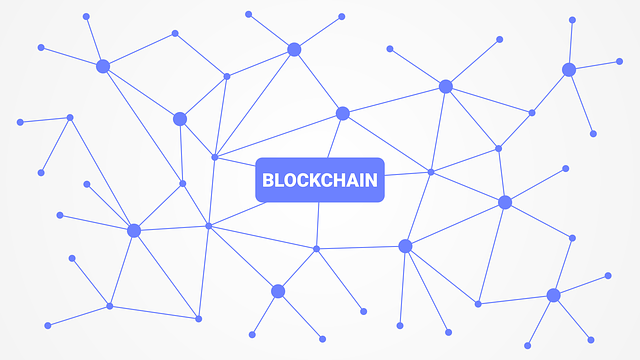Decentralized Finance, commonly known as DeFi, is rapidly transforming the landscape of traditional banking. Leveraging blockchain technology, DeFi offers a new paradigm of financial services that are open, transparent, and accessible to anyone with an internet connection. This revolutionary approach is dismantling the conventional barriers of finance, offering a more inclusive and efficient system.
The Core Principles of DeFi
DeFi encompasses a broad array of financial applications built on blockchain technology, primarily on the Ethereum network. These applications replicate traditional financial services such as lending, borrowing, trading, and insurance but without the need for centralized intermediaries like banks or financial institutions. Instead, DeFi relies on smart contracts—self-executing contracts with the terms directly written into code—to automate and secure transactions.
Transparency and Accessibility
One of the most compelling advantages of DeFi is its transparency. Every transaction and smart contract execution is recorded on a public blockchain, accessible to anyone. This level of transparency reduces the risk of fraud and corruption, fostering trust among users. Tools like crypto transaction trackers further enhance this transparency, allowing users to monitor their transactions in real-time and verify the legitimacy of the DeFi platforms they engage with.
Accessibility is another critical aspect of DeFi. Traditional banking systems often exclude individuals who lack access to financial services, particularly in developing regions. DeFi platforms, however, are accessible to anyone with an internet connection, providing financial services to the unbanked and underbanked populations. Platforms like https://77.me/ facilitate this access, offering user-friendly interfaces and comprehensive resources to help users navigate the DeFi space.
Efficiency and Cost Reduction
DeFi eliminates the need for intermediaries, which significantly reduces transaction costs and increases efficiency. In traditional banking, intermediaries such as banks, brokers, and clearinghouses add layers of complexity, cost, and delay to financial transactions. DeFi platforms automate these processes through smart contracts, enabling instantaneous and cost-effective transactions.
For instance, borrowing and lending in DeFi can be executed directly between parties without the need for a bank to mediate. This peer-to-peer model allows for better interest rates and more flexible terms, benefiting both lenders and borrowers.
Innovative Financial Products
DeFi is not just about replicating existing financial services; it is also about creating entirely new products and opportunities. One such innovation is staking, where users can earn rewards by holding certain cryptocurrencies in a smart contract. For example, while many might wonder, “can you stake XRP?” the answer depends on the specific DeFi platform. XRP itself does not natively support staking, but some platforms offer synthetic staking mechanisms or similar reward-based programs for XRP holders.
Additionally, DeFi platforms offer synthetic assets, decentralized exchanges, and yield farming opportunities. Synthetic assets allow users to gain exposure to traditional assets like stocks and commodities without actually holding them. Decentralized exchanges (DEXs) enable users to trade cryptocurrencies directly with each other, eliminating the need for centralized exchanges. Yield farming involves providing liquidity to DeFi protocols in exchange for rewards, often resulting in high returns.
Security and Regulation Challenges
Despite its advantages, DeFi is not without challenges. Security is a major concern, as smart contracts are vulnerable to bugs and exploits. High-profile hacks and vulnerabilities have resulted in significant losses, highlighting the need for rigorous security audits and robust development practices.
Regulation is another critical issue. The decentralized nature of DeFi makes it challenging for regulators to enforce traditional financial laws and regulations. This regulatory uncertainty can pose risks for users and developers alike. However, efforts are underway to establish frameworks that protect users while promoting innovation.
The Future of Banking
DeFi represents a fundamental shift in how we think about financial services. By offering a more transparent, accessible, and efficient system, DeFi has the potential to democratize finance and bring about greater financial inclusion. As the technology matures and regulatory frameworks evolve, the integration of DeFi with traditional banking systems could create a more resilient and innovative financial ecosystem.
Platforms like https://77.me/ and tools such as crypto transaction trackers will play a crucial role in this transformation, providing the necessary infrastructure and resources to support the growth and adoption of DeFi. As we move forward, the collaboration between DeFi and traditional finance will likely shape the future of banking, making it more inclusive, efficient, and secure for everyone.

